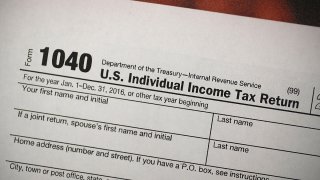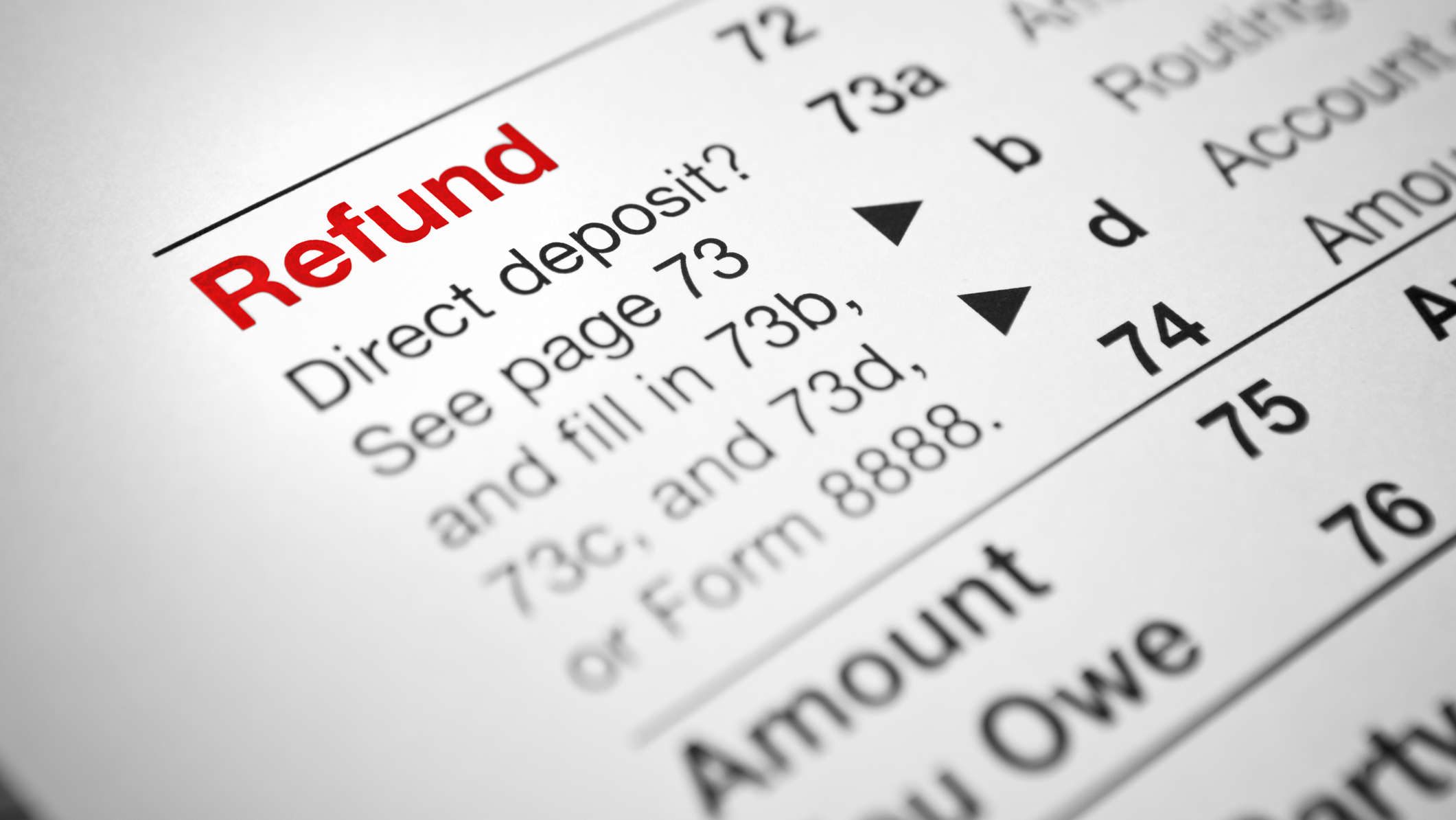
The Internal Revenue Service is recommending that taxpayers hold off on filing their tax returns for 2022 if they received a special tax refund or payment from their state last year.
Last year, 19 states offered diverse programs that offered inflation relief payments or refunds for taxpayers. The IRS issued the guidance Friday due to the agency’s uncertainty about the taxability of the payments.
“We are working with state tax officials as quickly as possible to provide additional information and clarity for taxpayers,” the IRS said in its statement.
The agency is recommending that taxpayers wait until they receive further instruction from the IRS.
If you received a state tax refund last year, here is what you need to know:
I GOT A TAX REFUND FROM MY STATE. WHAT DOES THE IRS STATEMENT MEAN FOR ME?
If you got a tax refund from your state in 2022, the IRS is recommending you hold off on filing your tax return until the agency gives further instructions. Certain states that provided these refunds have determined that these payments are not taxable for most people. What needs to be determined is if these refunds are taxable on the federal level, said Tom O’Saben, director of tax content and government relations at the National Association of Tax Professionals.
In some states, people would get taxed if they received a tax refund in 2022 only if they itemize their deductions, said Keith Hall, president and CEO of the National Association for the Self-Employed. An example of a state that is taking this route is Virginia, which has stated that taxpayers that filed a standard deduction will not be taxed for their tax rebate. However, not all states have issued guidance on tax rebates.
WHICH STATES OFFERED SPECIAL TAX REFUNDS IN 2022?
Get a weekly recap of the latest San Francisco Bay Area housing news. Sign up for NBC Bay Area’s Housing Deconstructed newsletter.
Special tax refunds were offered by 19 states in 2022. The list includes Alaska, California, Colorado, Delaware, Florida, Georgia, Hawaii, Idaho, Illinois, Indiana, Maine, Massachusetts, Minnesota, New Jersey, New Mexico, Oregon, Rhode Island, South Carolina and Virginia.
WHY SHOULD I WAIT TO FILE MY RETURN?
Following the IRS recommendations is key if taxpayers want to avoid having to amend a previously filed tax return, said Hall.
“I think the IRS is trying to help people save another filing, if they had to do an amended return,” he said.
I RECEIVED A REFUND AND ALREADY FILED MY TAXES. WHAT SHOULD I DO?
The IRS is recommending that you don’t file an amended return yet. If you believe you need to file an amended return, the IRS advises you to wait until further instructions are given.
WHAT IF I'M NOT SURE IF THIS APPLIES TO ME?
If you are not sure if you need to wait to file your taxes, Hall recommends you consult with a tax professional about your specific situation.



